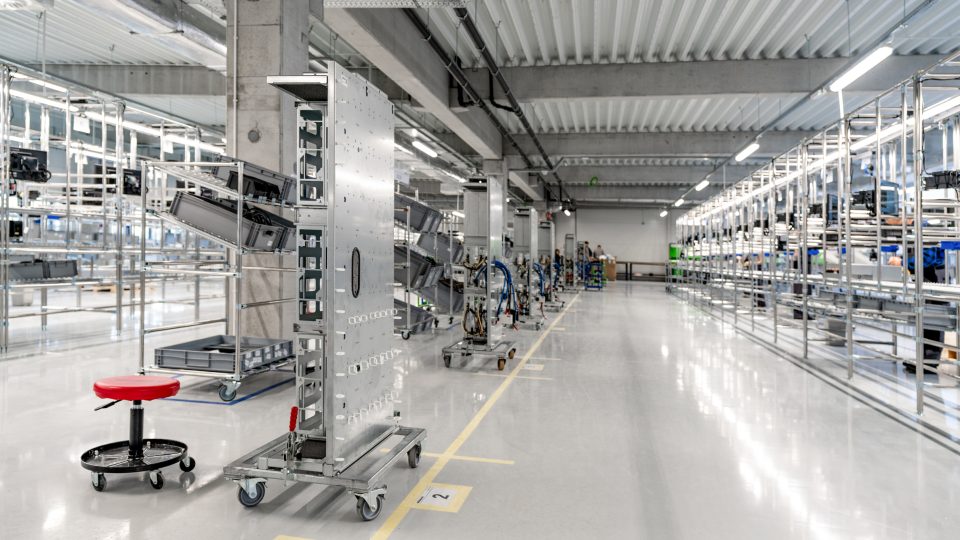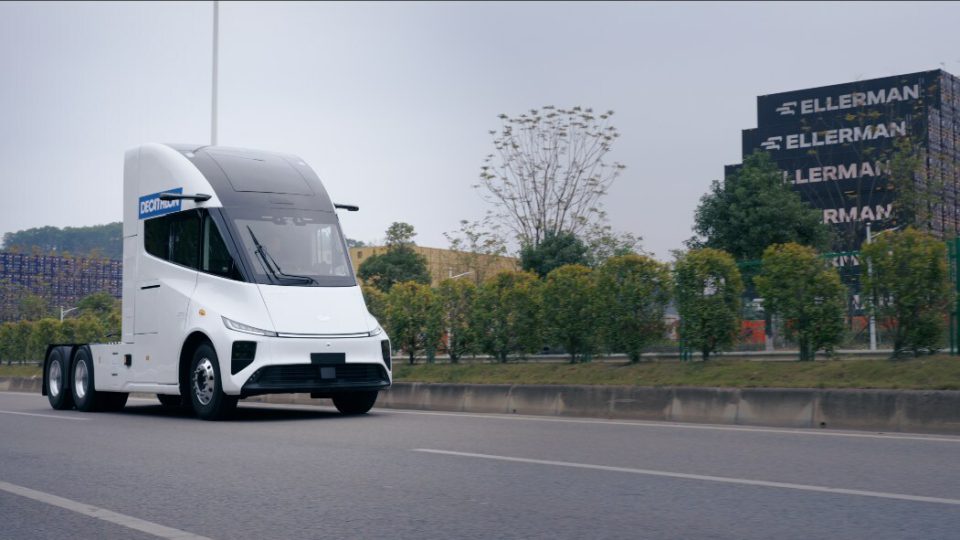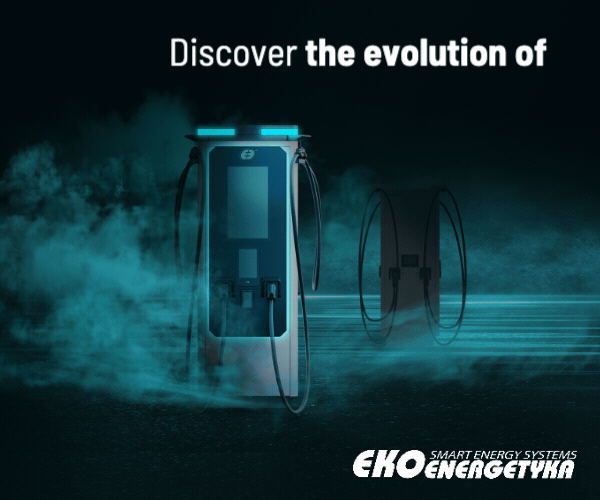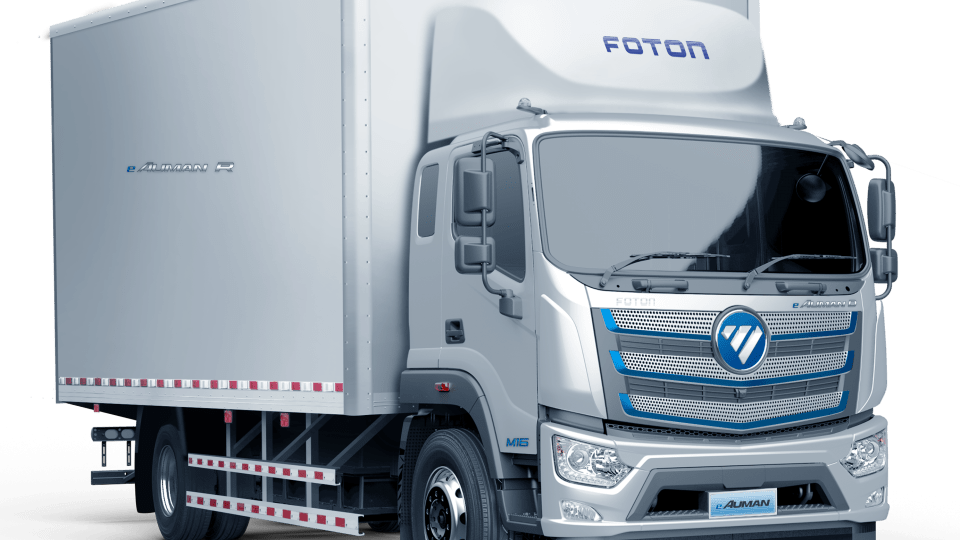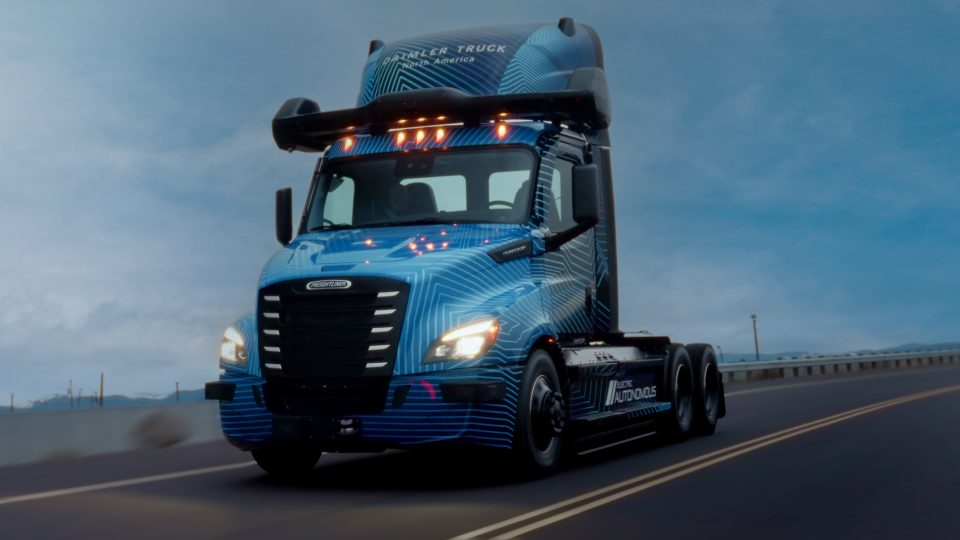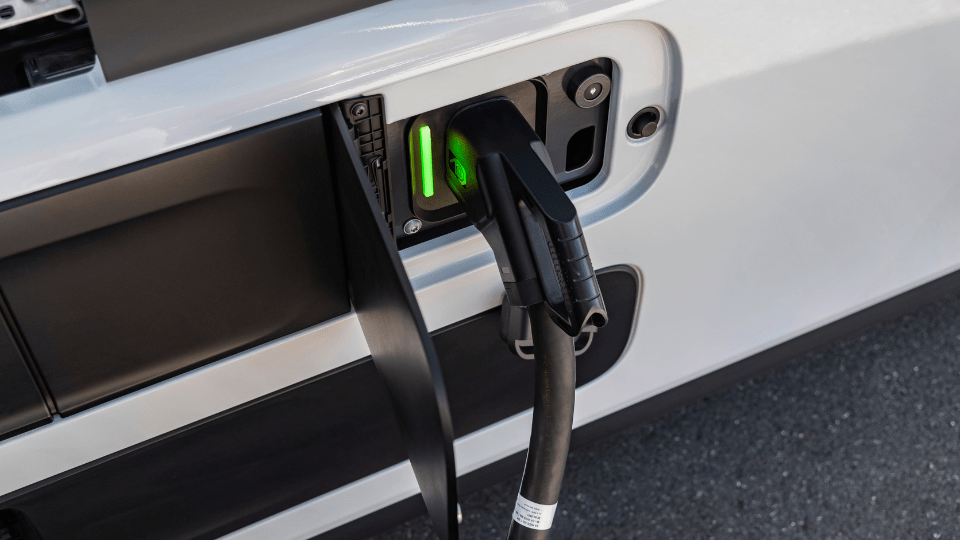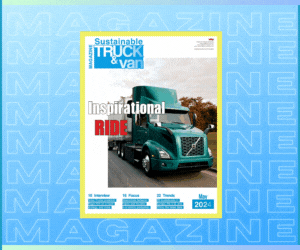OPINIONS. Heavy trucks will keep oil industry alive in the next decades. Or not? The Chinese example
China’s heavy truck market, the largest in the world, saw dramatic increase in sales of battery electric, plug-in hybrid, and fuel cell trucks throughout 2021. «We’ve seen this pattern before in China’s bus market», wrote Colin McKerracher, Head of Transport analysis at BloombergNEF.
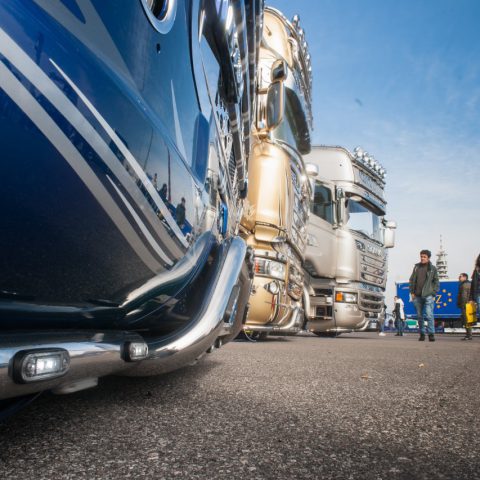
Heavy trucks will keep oil industry alive in the next decades, while the rise of full-electric passenger cars of light commercial vehicles will decrease market shares. According to Colin McKerracher, Head of Transport analysis at BloombergNEF, things are a bit more complicated than this. Although the most recent Energy Outlook released be Exxon at the end of last year, which seems to confirm our initial sentence as true, something different is happening all over the world, from the US to China.
Heavy trucks may not be so helpful for the oil industry
First of all, McKerracher recalls clean energy policies emerging in several areas. «California’s Advanced Clean Truck rule, which five other states also have adopted, sets rising quotas for zero-emission truck sales over the next 15 years. In turn, meeting the EU’s upcoming fuel efficiency standards is likely to require electric trucks to be part of the sales mix», he wrote.
Moreover, most of the major truck manufacturers have recently announced ambitious medium- to long-term decarbonization plans, as our readers certainly know: according to Colin McKerracher, «Volvo AB, Daimler Trucks and Volkswagen subsidiary Traton expect between 35% and 60% of their global sales to be electric and fuel cell by 2030. The three groups sold 735,000 medium- and heavy-duty trucks in 2020, in a global market of 4.6 million units».
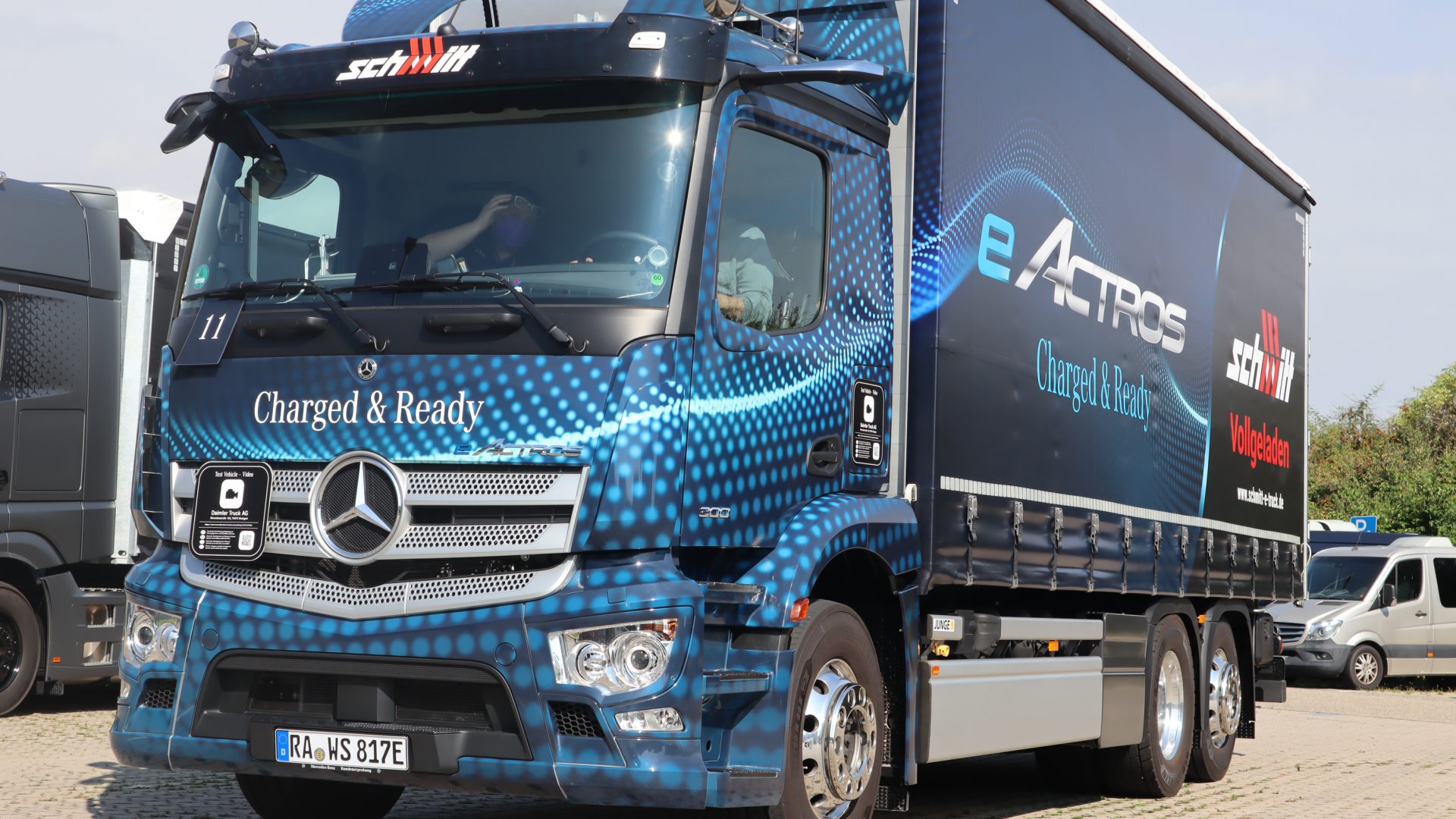
Heavy trucks in China: dramatic increase in 2021 (but still a minimum share)
Although these may seem just announcements, let’s see what is happening in China, according to the latest statistics. China’s heavy truck market, the largest in the world, saw dramatic increase in sales of battery electric, plug-in hybrid, and fuel cell trucks throughout 2021. «My colleagues in our Beijing office are confident that the trend will continue through 2022 and beyond», wrote McKerracher. «There are a few caveats: first, the starting point in the first quarter was low due to a policy change at the beginning of the year. Second, despite the growth, new-energy trucks were still a small share of the heavy truck market, representing about 1% of sales in China in 2021». Of the just over 10,000 new-energy heavy truck sales last year, 62% were normal battery-electric vehicles, 31% were EVs with swappable batteries, and 7% were fuel cell vehicles.
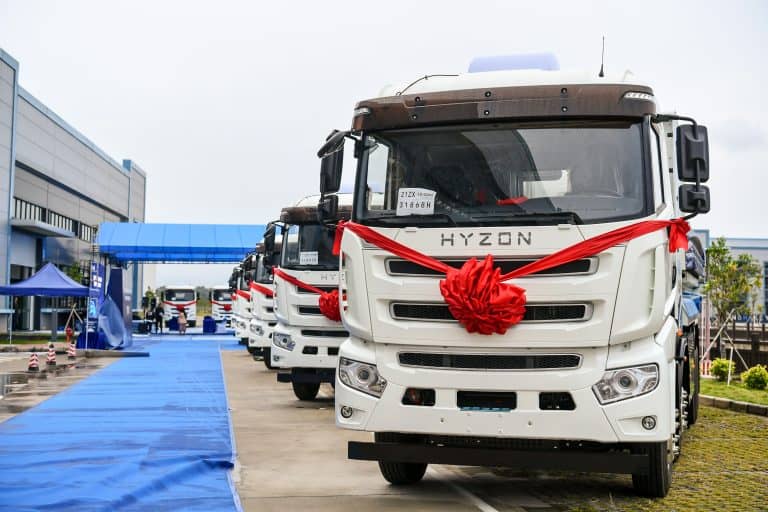
According to the analyst, «the point is China is experimenting, and once it finds the right solutions for the right segments, it will adjust policy support and push hard to accelerate deployment. When that happens, the speed of the transition could be dramatic. BNEF’s analysis indicates that electric trucks are already approaching cost competitiveness in urban applications and should get there for long-haul applications around 2030».
What happened in the bus industry
«We’ve seen this pattern before in China’s bus market. Once it was clear that electric buses were a viable option, sales went from 4,300 in 2013 to over 100,000 in 2018. There are now nearly 700,000 electric buses on the road there — around 30% of the fleet — and those e-buses are displacing about 230,000 barrels of oil demand per day. If the same happens for heavy trucks, it should cause a major rethink in the conventional wisdom about how robust oil demand will be in this segment in the decades ahead».




